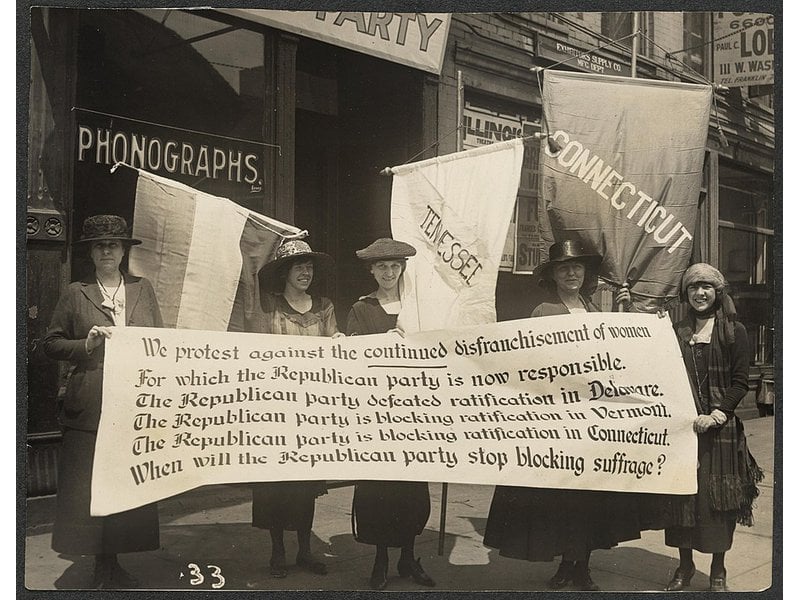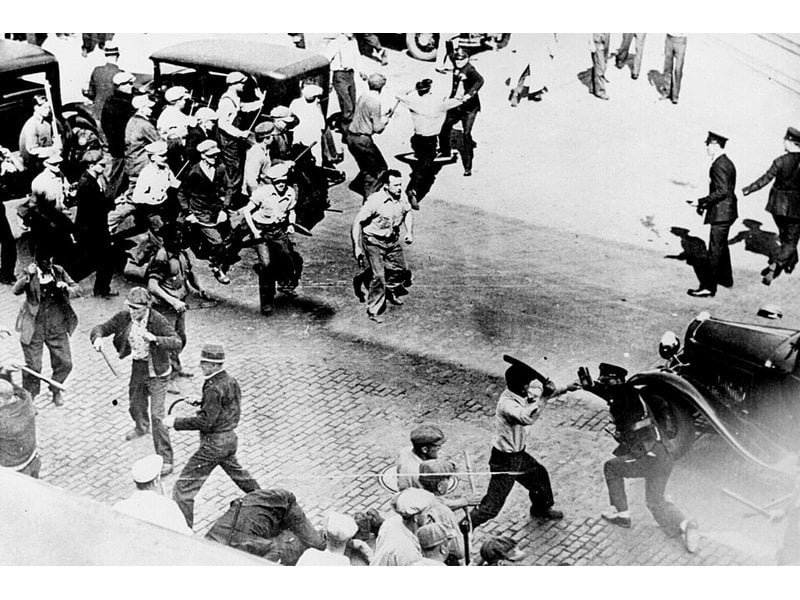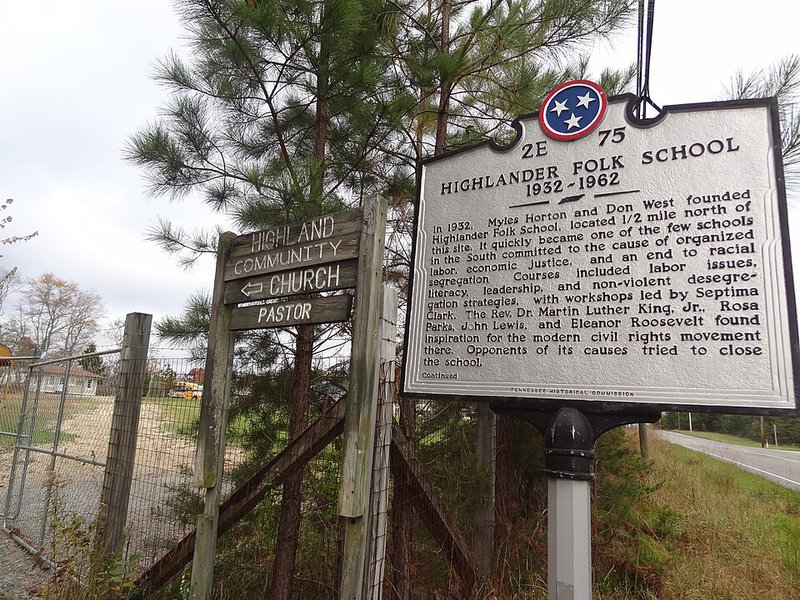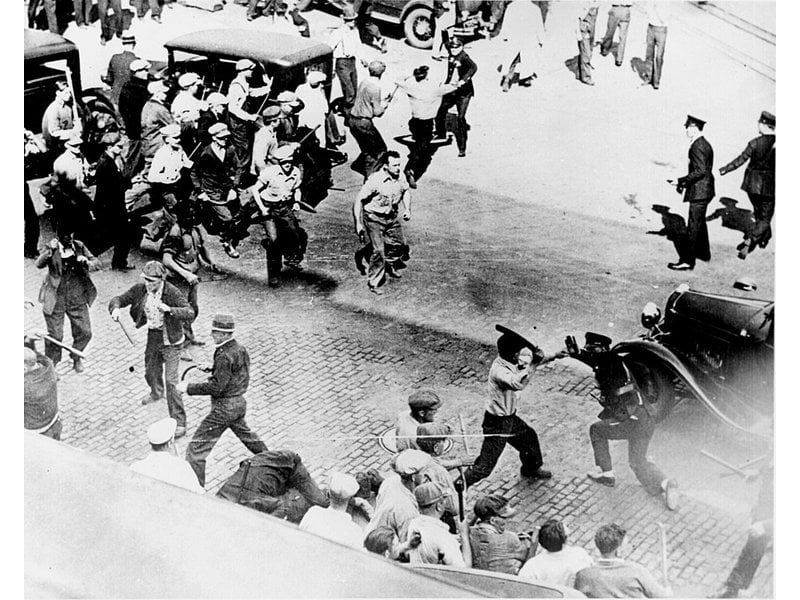049 camouflaged meetings of protest
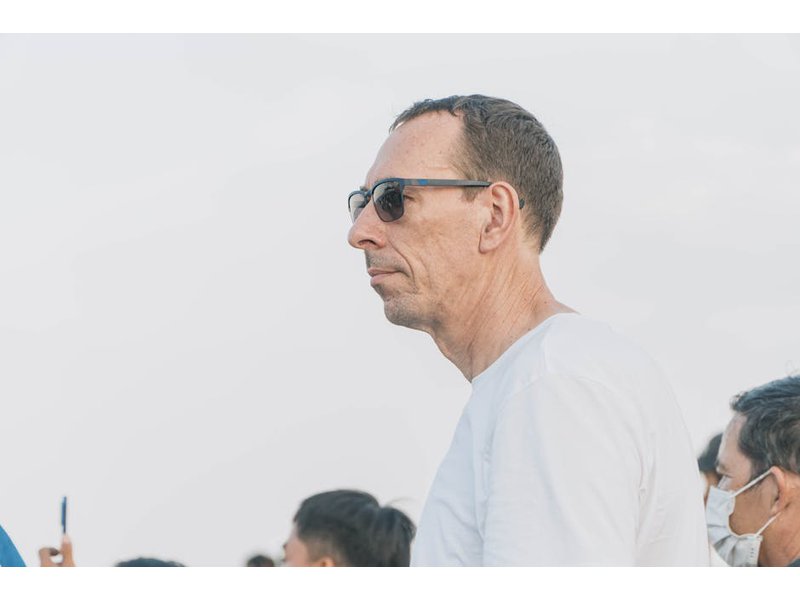
"Under certain political conditions gatherings of protest may be held under the (sometimes undisguised) pretense that the gathering is for some other more legal and approved purpose. (Sometimes everyone may be aware of the pretense.) This may happen when the regime is a relatively moderate type of tyranny, neither liberal enough to allow open meetings of protest nor tyrannical enough to act ruthlessly against persons attending a gathering which is ostensibly legal and approved, although the real purpose of the gathering may be well understood. Camouflaged meetings of protest may take various forms. For example, the meeting may occur under the auspices of an organization which has some totally different and quite innocent purpose, such as sport, amusement, art or religion. Or the gathering may take the form of a social affair. For example, on several occasions in France in 1847 and 1848, when meetings of open protest were not permitted, camouflaged meetings of protest were held under the pretense that they were banquets. The Gauche Dynastique and their moderate republican allies sought to mobilize public opinion to force government action against famine conditions by launching, in Paris and the provinces, a successful “campaign of banquets,” beginning on July 9, 1847. The last of the banquets, which had been planned by others in 1848, was forbidden by the government, a ban which helped to precipitate the 1848 Revolution.244"...
Potentially awesome partners
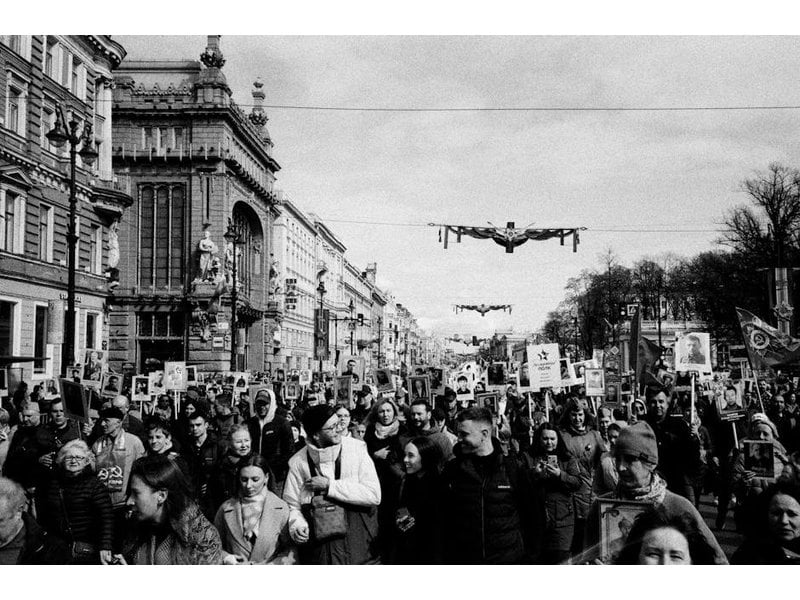

Potentially problematic matches
High scoring campaigns using this method
Historical cases from the Nonviolent Action Database that used this method
Norwegian workers, women campaign for independence from Sweden, 1905
The kingdom of Denmark ruled Norway until May 1814, when Sweden defeated Denmark in the Napoleonic Wars. On 4 November 1814, Sweden took control of Norway, and the United Kingdoms of Sweden and Norway shared a Swedish monarch. Still, Norway retained ...
Mothers of the Plaza de Mayo campaign for democracy and the return of their “disappeared” family members, 1977-1983
Following a coup that ousted then-acting President Isabel Perón from power, Argentina’s armed forces established a military government in 1976, a year that marked the beginning of Argentina’s “Dirty War” period. Headed by General Jorge Videla, the ne...
Czechoslovak resistance to Soviet occupation, 1968
For the first eight months of 1968, the Czechoslovak Communist Party engaged in limited but significant reforms known as ‘Prague Spring,’ including declarations of freedom of expression and organization. The reform movement began in January, when mod...
Danish citizens resist the Nazis, 1940-1945
In 1940, at the brink of World War II, Denmark found itself declaring neutrality and cutting its troops in half. Despite this, the German war machine was not to be stopped. The German army invaded Denmark offering an ultimatum demanding submission. T...
Russians campaign for democracy and economic justice (Russian Revolution), 1905
In the late 19th century, Russia’s autocracy, led by a Tsar (also czar), came under increasing attack. Alexander II was forced to liberate the serfs, but he was still assassinated in 1881 by a group called The People’s Will. His heir, Tsar Alexander ...
English laborers campaign against economic repression (The Tolpuddle Martyrs), 1833-36
Working conditions and wage levels in England in the early 19th century generally made laborers unable to support themselves and their families. According to the estimates of the Tolpuddle Martyrs Museum, the average laborer needed about fourteen shi...
Dominican activists challenge Rafael Trujillo’s dictatorship (Fourteenth of June Movement), 1959-1960
Rafael Leónidas Trujillo ruled the Dominican Republic from the moment he won the fraudulent elections of 1930, up until his assassination in 1961. Through his more than thirty-year rule, Trujillo demanded strict obedience from all Dominicans, and had...
Guatemalan indigenous peoples campaign for equal rights, 1977-1981
On February 4, 1976, a massive earthquake hit the highlands of Guatemala and displaced more than one million people. Indigenous groups from the departments of Sacatepequez, Chimaltenango, Guatemala, and Quiche were hit the hardest and the weak respon...
White Rose Resistance to Hitler's Regime, 1942-1943
Amidst the omnipresence of violence during World War II, nonviolent protest is often overlooked or unheard of. However, there were several resistance campaigns that took place in Germany, led by its own citizens. One such campaign in the period of 19...
Low scoring campaigns using this method
Historical cases from the Nonviolent Action Database that used this method
White Rose Resistance to Hitler's Regime, 1942-1943
Amidst the omnipresence of violence during World War II, nonviolent protest is often overlooked or unheard of. However, there were several resistance campaigns that took place in Germany, led by its own citizens. One such campaign in the period of 19...
